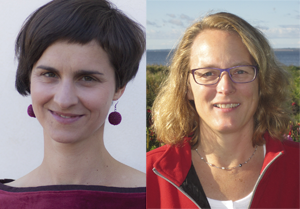Situation Songs - Therapeutic Intentions and Use in Music Therapy with Children
DOI:
https://doi.org/10.15845/voices.v14i2.744Keywords:
situation song, pediatric music therapy, therapeutic intentions, developmental delay, autism, childrenAbstract
The aim of this study was to survey the various therapeutic intentions behind the use of one particular improvisation method applied in pediatric music therapy, called the situation song (from the German term “Situationslied”- Plahl & Koch-Temming, 2008, p. 180). According to Plahl & Koch-Temming the term situation song describes an improvised song, which is sung by the therapist or/and the child and which relates to the actual occurrence and the therapeutic relationship. The presented study focuses on the therapist’s singing only.
The study was conducted in stages: An elaboration of the first author’s clinical experience with situation songs (preunderstandings), a systematic analysis of relevant literature, followed by semi-structured interviews with three music therapists from Denmark, Austria and Germany. A flexible investigation approach was used, following hermeneutic principles.
The findings of the study show that situation songs are regularly used by pediatric music therapists, especially during the work with children at an early developmental age. The various intentions behind the use of situation songs can be summarized as such: to create a therapeutic space; to support the therapeutic relationship; to enhance experience and development in the fields of emotion, behavior, expression and social skills; to express messages in language and to give structure to the child. The overall aim behind the use of situation songs is to offer essential experiences to the child in order to support his or her development.
This study attempts to give an impulse to more international exchange of clinical terms applied in music therapy. The study was submitted as the first author’s master thesis in Music Therapy at the Aalborg University in Denmark. The second author supervised the process of the master thesis.

Downloads
Published
How to Cite
Issue
Section
License
Articles published prior to 2019 are subject to the following license, see: https://voices.no/index.php/voices/copyright

